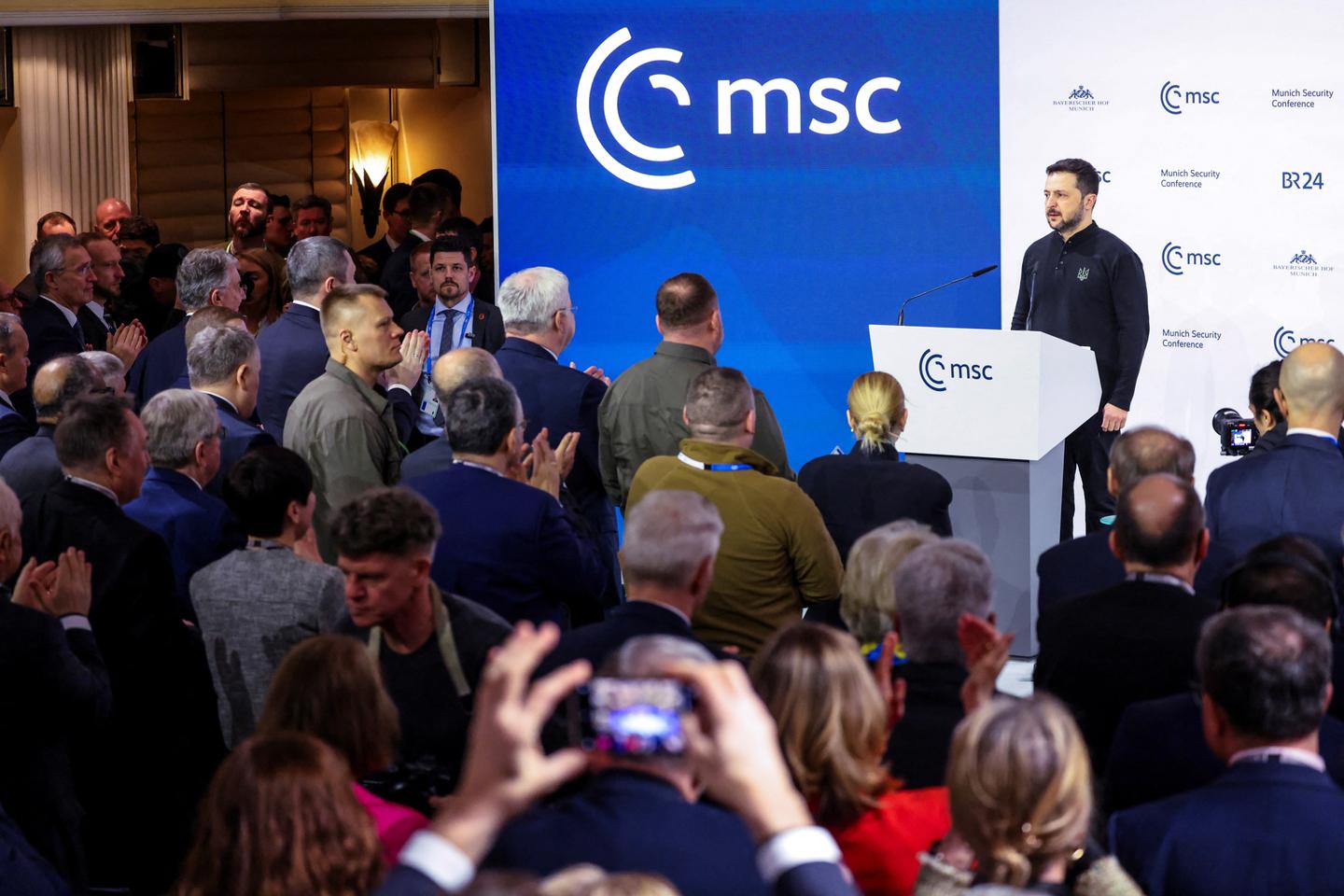US plans to hold Ukraine peace talks without Europeans

Europeans, still stunned on Saturday, February 15, by US Vice President JD Vance’s hostile speech at the opening of the Munich Security Conference the day before, were forced to swallow yet more bitter rhetorical pills on the second day of the conference. This time, General Keith Kellogg, President Donald Trump’s special envoy for Ukraine, made it very clear that his country had no intention of inviting Europe to sit around the table for any negotiations to end the war started by Russia’s invasion.
Faced with the American offensive, Europe’s need to regain the initiative became increasingly apparent. At the end of the day, several European leaders were pleased to note that the Elysée Palace was planning a meeting, featuring leaders from the European countries most concerned by the issue as well as the president of the European Council, Antonio Costa, in Paris, on Monday morning.
On Saturday morning, the Ukrainian president, Volodymyr Zelensky, seizing on the prevailing feeling that the transatlantic front was breaking apart, delivered a willful speech that was greeted by a standing ovation. He called on the Europeans to draw concrete conclusions from what he saw as an American withdrawal from European security.
You have 79.86% of this article left to read. The rest is for subscribers only.
Related
A New Book Argues That What Happens in Europe Doesn’t…
Remaking the World: European Distinctiveness and the Transformation of Politics, Culture, and the Economy by Jerrold Seigel “No issue in world
Poland plans military training for every adult male amid growing…
Poland’s prime minister, Donald Tusk, has said his government is working on a plan to prepare large-scale military training for every adult male in response t
2025 European Athletics Indoor Championships: Ditaji Kambundji secures women’s 60m…
Switzerland’s Ditaji Kambundji walked away from the 2025 European Athletics Indoor Championships in Apeldoorn on 7 March with much more than her first Europea
Takeaways from the EU’s landmark security summit after Trump said…
BRUSSELS (AP) — European Union leaders are trumpeting their endorsement of a plan to free up hundreds of billions of








